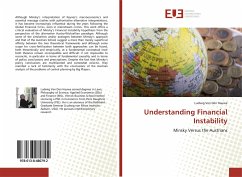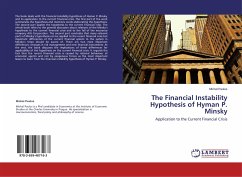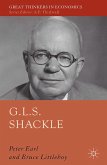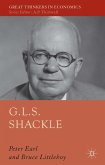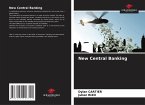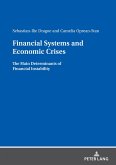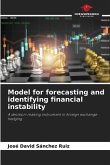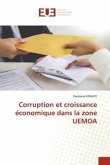Although Minsky's interpretation of Keynes's macroeconomics and essential message clashes with authoritative alternative interpretations, it has become increasingly influential during the years following the Global Financial Crisis, even in mainstream circles. This work offers a critical evaluation of Minsky's Financial Instability Hypothesis from the perspective of the alternative Austro-Wicksellian paradigm. Although some of the similarities and/or analogies between Minsky's approach and that of the Austrian School suggest a more than merely superficial affinity between the two theoretical frameworks and although some scope for cross-fertilization between both approaches can be found, both theoretically and empirically, at a fundamental conceptual level both theories remain incompatible and difficult if not impossible to reconcile, in particular in terms of fundamental causality and in terms of policy conclusions and prescriptions. Despite the fact that Minsky's policy conclusions are multifaceted and somewhat eclectic, they manifest a lack of familiarity with the conclusions of the Austrian analysis of the problems of central planning by Big Players.
Bitte wählen Sie Ihr Anliegen aus.
Rechnungen
Retourenschein anfordern
Bestellstatus
Storno

